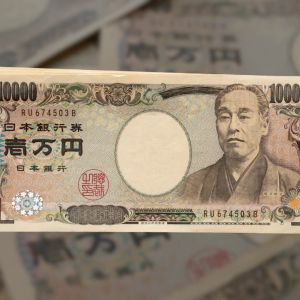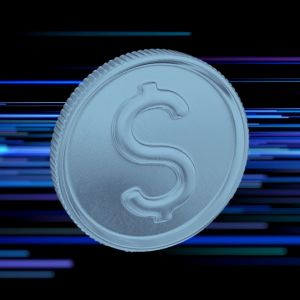Japan announces new economic stimulus package to counter Trump tariffs effects
3 min read
Japan’s government unveiled a package of emergency economic measures to counter the adverse effects of higher tariffs imposed by U.S. President Donald Trump ahead of a second round of bilateral trade negotiations expected next week. The plan includes a 10 yen/liter gasoline subsidy and partial electricity bill support for three months. However, the Auto and Steel industries are expected to be the hardest hit by U.S. tariff impacts. IMF Fiscal Affairs Director Victor Gaspar warned that if a significant economic shock hit Japan in the future, the deterioration in debt levels could exceed that during the coronavirus period. He emphasized the urgent need to begin fiscal consolidation in light of debt risks. On April 22nd, the Liberal Democratic Party and the Komeito Party each submitted a proposal for domestic measures to Prime Minister Shigeru Ishiba. The Japanese government has drawn up a comprehensive plan based on these proposals to counter the negative impact of the sweeping U.S. tariffs. Ishiba unveils economic stimulus package to counter the effects of tariffs To counter US tariff impacts, Japan unveiled measures including support for corporate financing, a ¥10 per litre gasoline subsidy, and partial coverage of electricity bills for three months starting July. 💻 Intel Reports Q1 Earnings Beat but Issues Weak Q2 Forecast — NordFX (@NordFX) April 25, 2025 Japan’s Prime Minister Ishiba on Friday said the government had compiled an emergency economic package to reduce any impact on industries and households from the new U.S. import tariffs. A government document also revealed that the package includes support for corporate financing and subsidies to lower gasoline prices by 10 yen ($0.07) a liter and partially covers electricity bills for three months from July. According to Ishiba, a larger scope of firms will also be eligible for low-interest loans extended by government-backed banks to help small and mid-sized companies more vulnerable to economic swings. Economy Minister Ryosei Akazawa said the package could be financed by a reserve fund, eliminating the need to compile an extra budget. Akazawa, Japan’s top trade negotiator, will visit Washington next week for a second round of trade talks. “I have instructed cabinet members to make the utmost efforts to aid firms and households that have been worried about tariff impact.” ~ Shigeru Ishiba, Prime Minister of Japan The Japanese government hinted that it will consider additional measures to boost domestic consumption depending on how much the U.S. tariffs impacted Japan’s massive automotive industry. It also announced on Thursday that it was considering increasing soybean imports from the U.S. as part of negotiations. Ishiba says the U.S. tariffs could greatly ‘hurt’ Japan’s domestic industry Ishiba warned during a meeting to map out the package that the U.S. tariffs could ‘substantially hurt’ domestic industries that supported the Japanese economy, such as automobiles and steel. He emphasized the necessity of Tokyo and Washington working together for mutual benefit. According to the Prime Minister, it was extremely important for Japan to clearly convey to the U.S. that Japanese enterprises had made a significant contribution to the U.S. economy through investment and job creation. Ishiba said on April 22nd that Japan would emphasize the importance of free trade in bilateral tariffs during negotiations with the U.S., despite Trump pursuing his protectionist and growth-stifling ‘America First’ policy. Akazawa’s trip to the U.S. is viewed as an opportunity for Japan to push for exemptions or revisions to the sweeping tariffs imposed by Trump, which Tokyo has said are a major threat to the stability of global trade. Ishiba’s government suggested that it could introduce additional steps–depending on the outcome of the second round of talks–to prevent the performance of Japanese manufacturers from slumping and consumer confidence from deteriorating sharply. Trump has imposed higher import duties on cars, steel, and aluminum, with a baseline 10% levy remaining in place despite the 90-day pause for ‘reciprocal tariffs.’ Cryptopolitan Academy: Tired of market swings? Learn how DeFi can help you build steady passive income. Register Now

Source: Cryptopolitan



